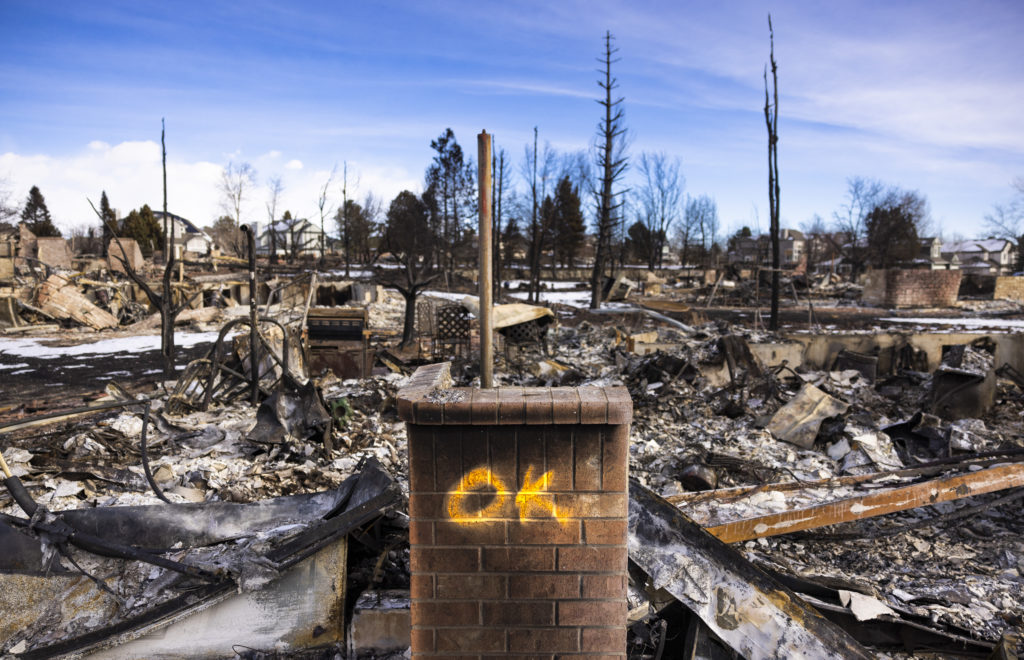A group of former world leaders and leading economists have said that the bumper revenues of oil-producing states should be subject to a $25bn levy to help pay for the impact of climate disasters on the world’s poorest and most vulnerable people.
Recall that seventy international figures led by the former UK prime minister Gordon Brown signed a letter calling for the measure before a crucial UN climate summit, Cop28, that begins in Dubai on Thursday. The signatories include 25 former prime ministers or presidents.
Such a levy, they said, would shave off only a small fraction of the bonanza that oil-producing countries have made in recent years, and would help to fill a fund for the “loss and damage” to poor countries afflicted by the impacts of the climate crisis.
Brown said that “The deadlock on climate finance has to be broken if Cop28 is to succeed. After more than a decade of broken promises, a $25bn oil and gas levy paid by the petrol states and proposed by the UAE as chair of Cop would kickstart finance for mitigation [reduction of greenhouse gas emissions] and adaptation in the global south.
Read also: Report: Cop28 host UAE planned to promote oil deals during climate talks
“But all the main historic and current emitters must come to the table with guarantees and grants if the $1tn a year needed for development and climate funding in the global south is to be raised.”
According to reports, the letter is being sent to the Cop28 president-designate, Sultan Al Jaber, who is also chief executive of Adnoc, the national oil company of the United Arab Emirates, and to the current G20 president, President Luiz Inácio Lula da Silva of Brazil.
Signatories include the former UN secretary-general Ban Ki-moon; the former New Zealand prime minister Helen Clark; the former president of Malawi Joyce Banda, and the former president of Chile Michelle Bachelet, as well as scores of leading economists.
According to the International Energy Agency, petroleum revenues were $1.5tn a year pre-Covid but soared to a record $4tn in 2022. This is 20 times the entire global aid budget, more than 30 times the budgets of all multilateral development banks combined, and 40 times the $100bn a year promised in 2009 for poor countries to help cut their greenhouse gas emissions and adapt to the impacts of the climate crisis.
Story was adapted from the Guardian.
